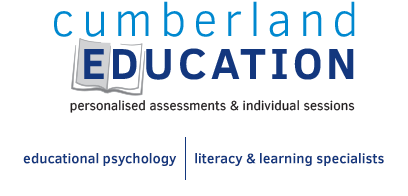Assessments
Assessments determine learning strengths and weaknesses so that appropriate targeted interventions can be implemented and students can reach their full potential. Read more >
Clinical Sessions
Our Educational Psychologist develops and monitors literacy interventions for our clients and works 1:1 with clients to develop and administer clinical interventions for all learning needs.
Read more >
Specialised Lesson
Trained and supervised tutors deliver effective evidenced based programs that have been carefully designed by our Psychologists and Literacy Specialists.
Read more >
Tutoring
Tutoring is available for school readiness, High School subjects, extension and enrichment, selective school preparation, help completing homework and assignments, ESL assistance etc.
Read more >






